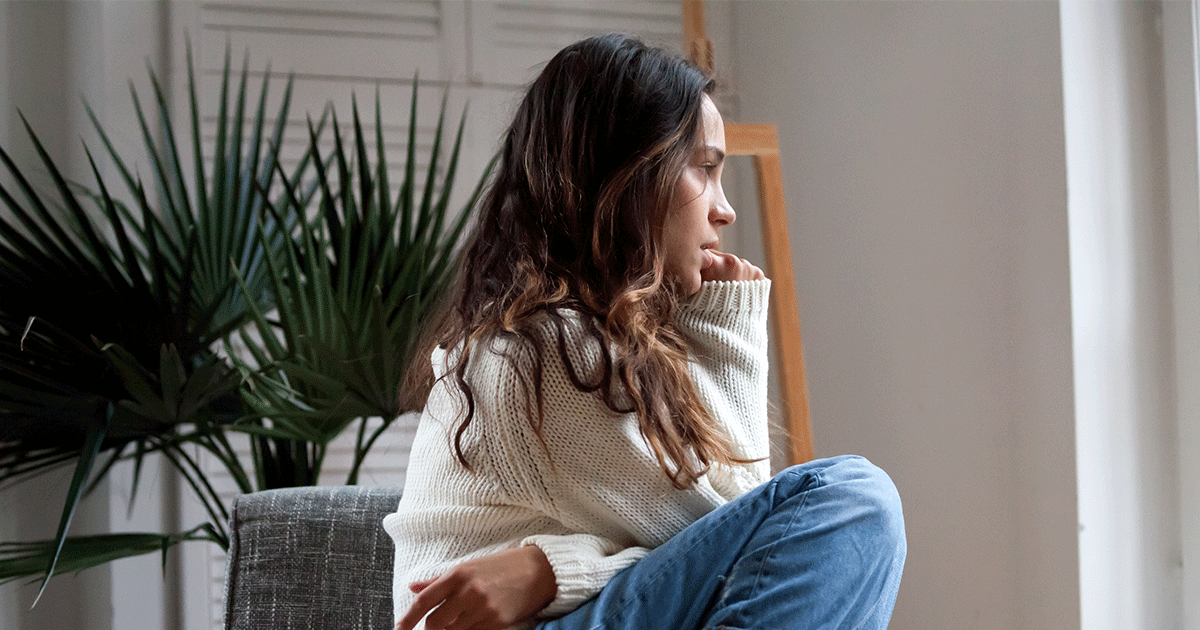Finding out about an unexpected pregnancy can produce many different kinds of emotions: scared, panicked, ashamed, uncertain, and so on. It can take time to reach the point of accepting this new possible reality. But what happens when all of a sudden, this possibility is no longer happening?
A miscarriage or loss of a pregnancy can bring up so many varying feelings and physical pain. Some feel guilt, sadness, profound grief, or any combination of emotions. But on the other hand, somebody experiencing an unexpected pregnancy may even feel a sense of relief. What was once a point of concern, stress, and fear, is no longer a ‘problem.’ Although that reaction may seem wrong and harsh, we definitely don’t judge you for those thoughts. We’re all human; we all deal with the unexpected differently.
Dealing with the Grief
We want to remind you that a miscarriage is a very real hurt that many women and men struggle with. No matter the length of your pregnancy, time doesn’t diminish your pain. Don’t try to hurry up and get over this loss. Take the time you need to mourn.
Some people choose to honor a pregnancy loss through different acts of remembrances. For example, you can symbolize the loss by getting a tattoo, purchasing something like a stuffed animal or jewelry, or planting a tree. Others want a ceremony where they can have a specific moment to remember their loss. You’ll know what you want to do. Choose something that fits you and your family. Sometimes naming the baby you lost can help with a remembrance by being able to call the baby by a name rather than by ‘it’ or ‘the baby.’
Talking about pregnancy loss can be difficult, but it can offer another healing avenue. This can be done by talking to someone close, joining a support group, journaling, or even writing a blog to share your experience with the world.
We care about you, and we know that your grieving process is complicated. No, you’ll never forget the child you lost, but you will get to a point where it’ll be easier. We want you to know that.





